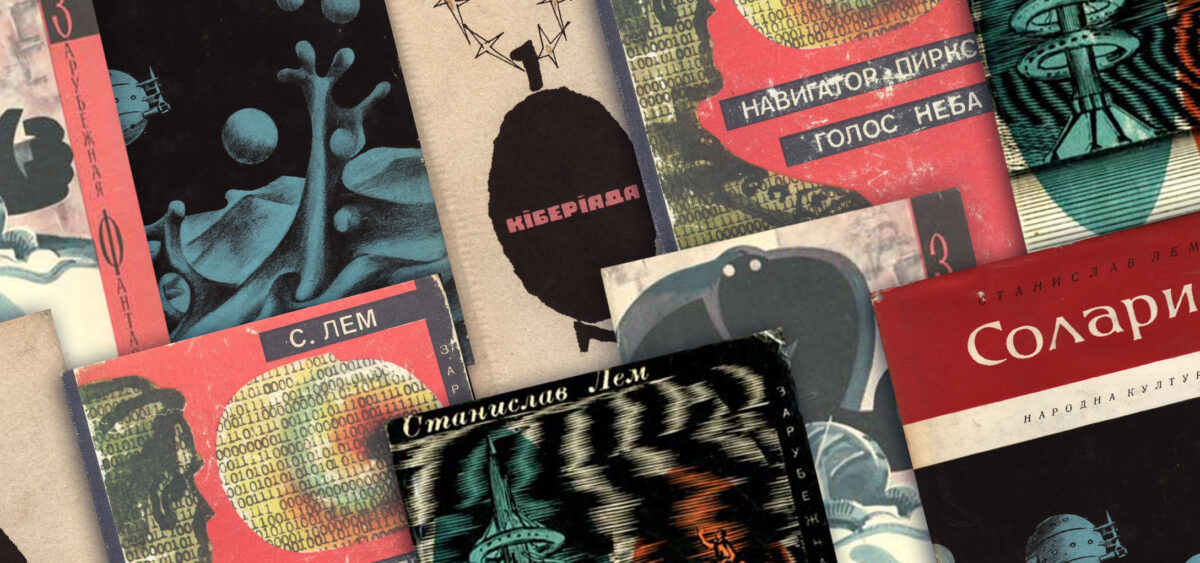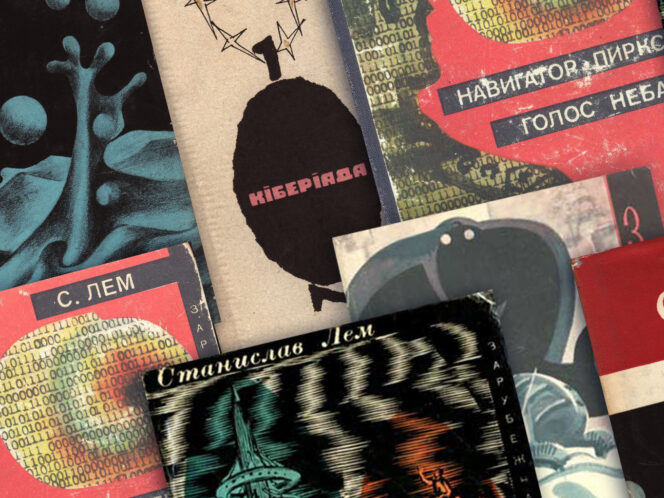
How did Stanisław Lem imagine the future? It turns out that we live surrounded by technologies and gadgets, the development, introduction, and workings of which were accurately predicted by the sci-fiction writer half a century ago—from the internet to smartphones and 3D printers. What other formerly dreamed tomorrow still awaits us?
The Internet and Google (Lem: the Trion Library)
“Trion can store not only luminescent images, reduced to a change in their crystal structure, that is images of book pages, not only all kinds of photographs, maps, images, graphs and tables—in other words, anything that can be observed by sight. Just as easily, Trion can store sounds, the human voice as well as music, there is also a way to record scents.”
Obłok Magellana [The Magellanic Cloud] (1955)
Smartphones
“We use it today without even thinking about the efficiency and might of this great, invisible net which








